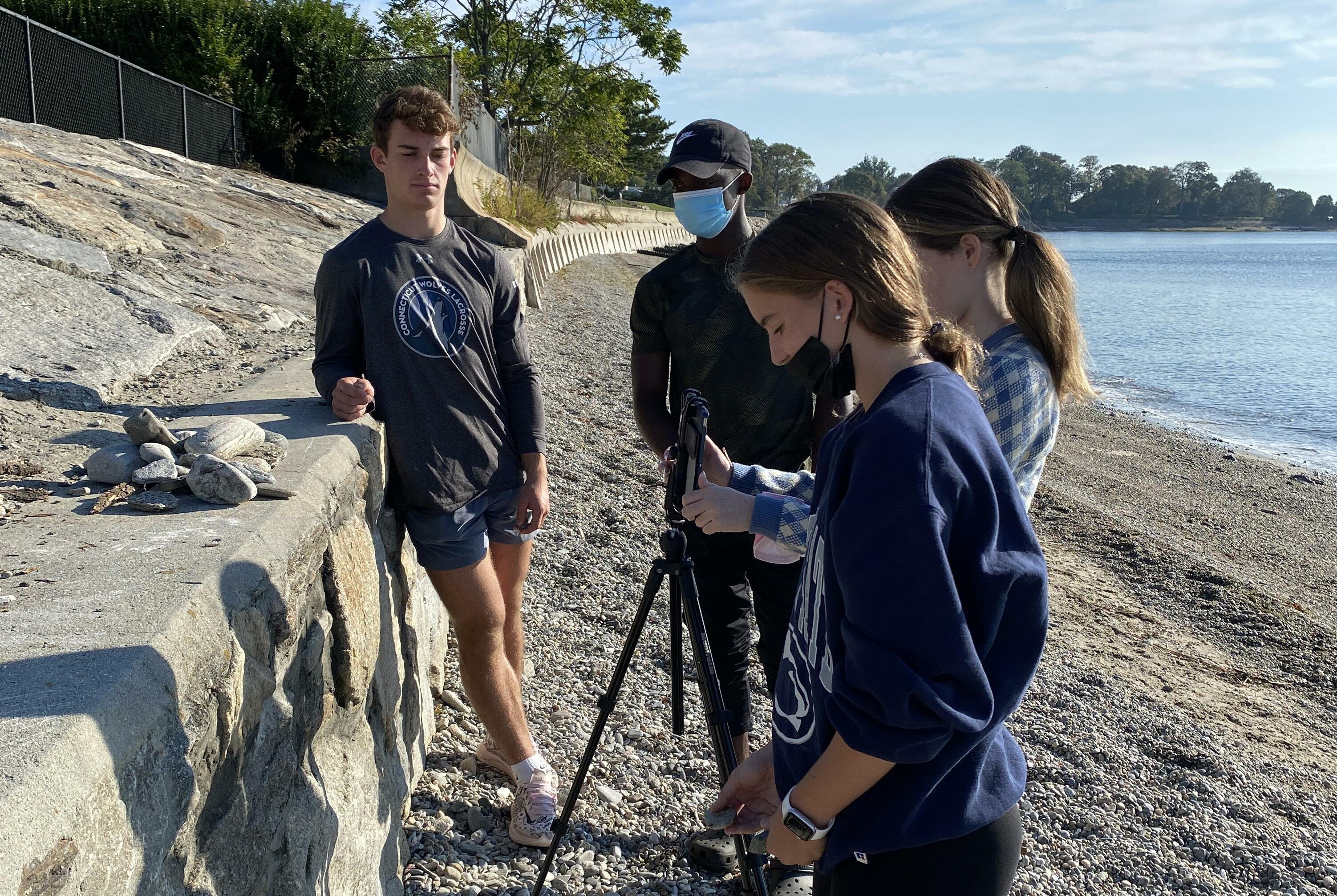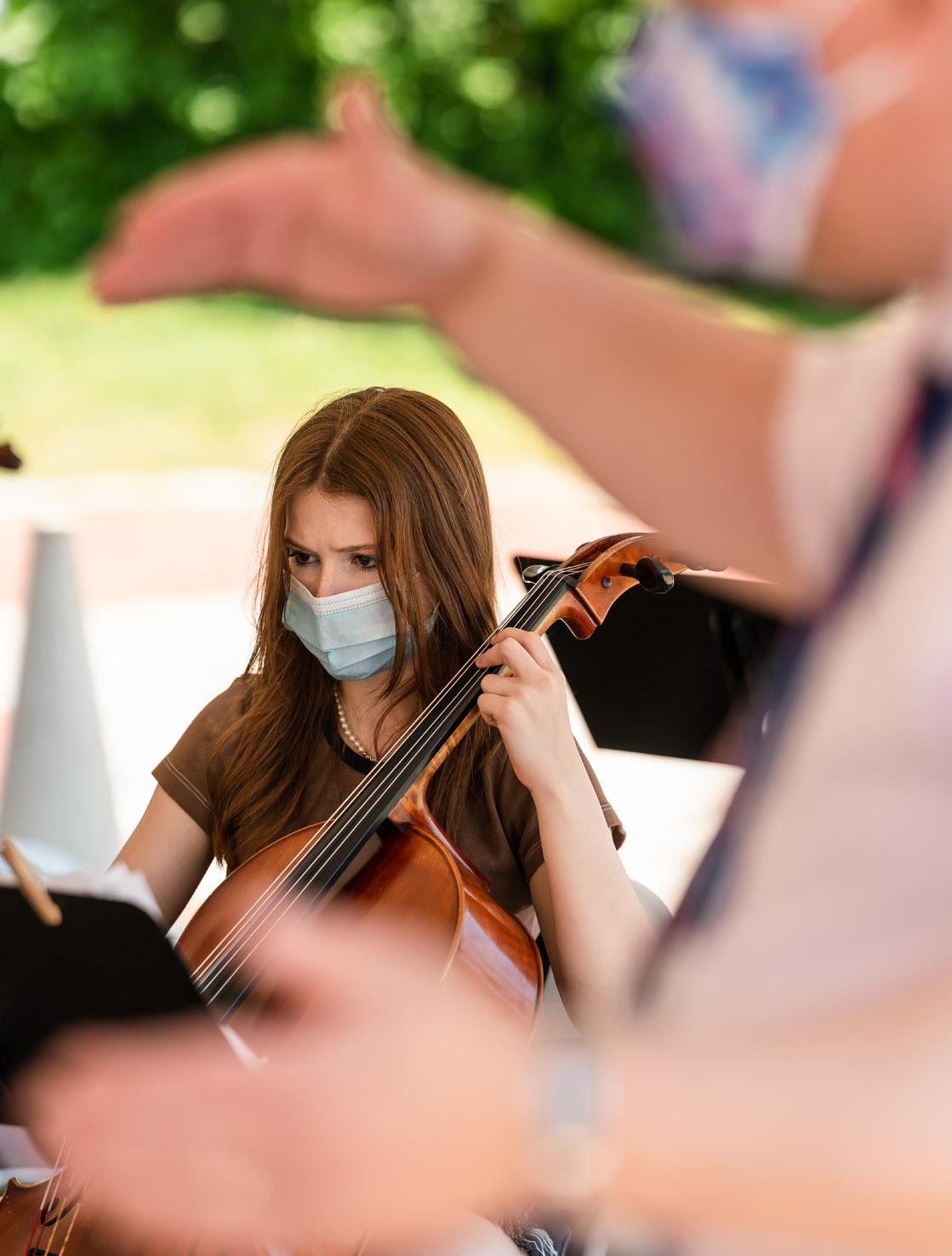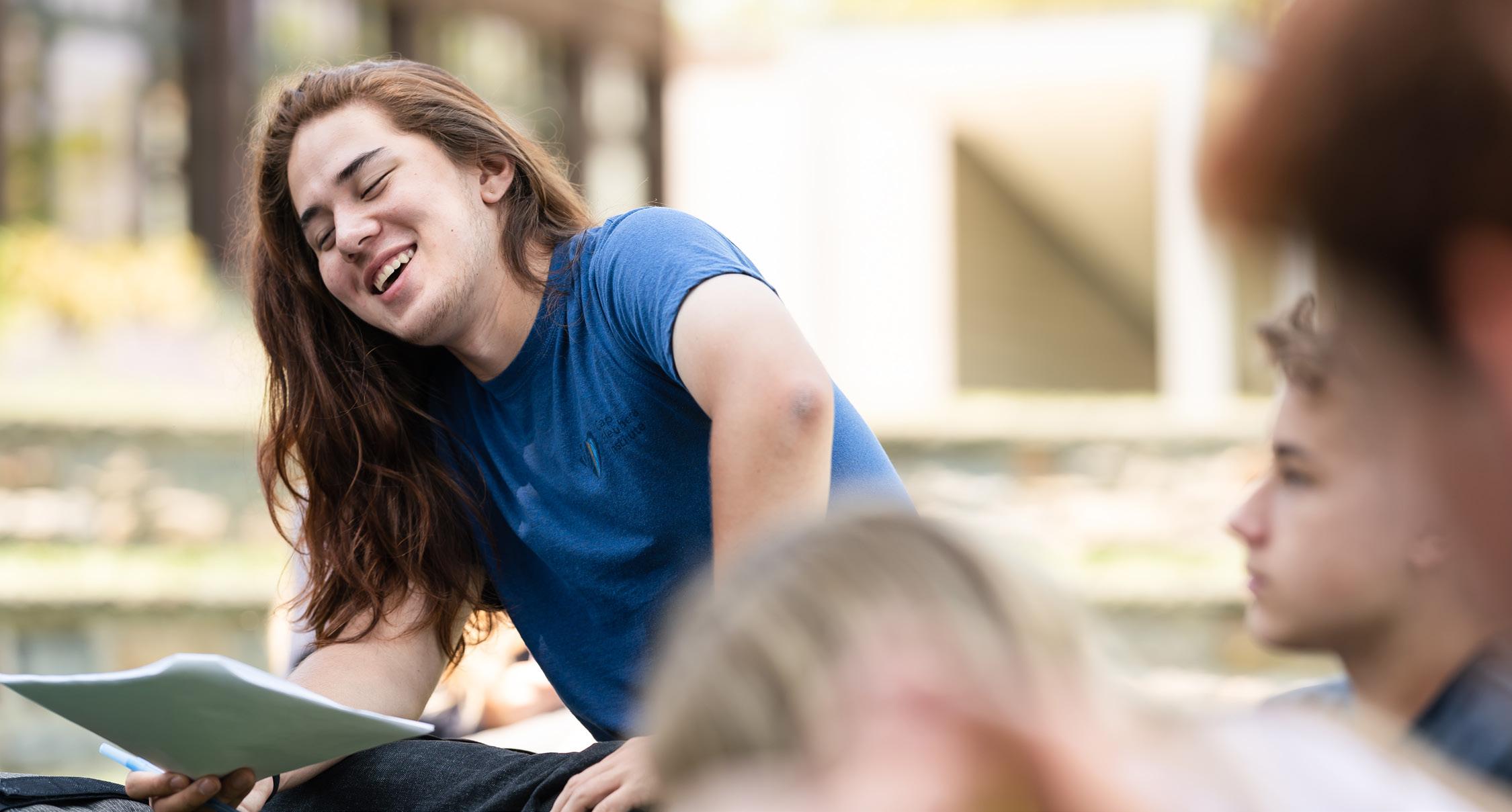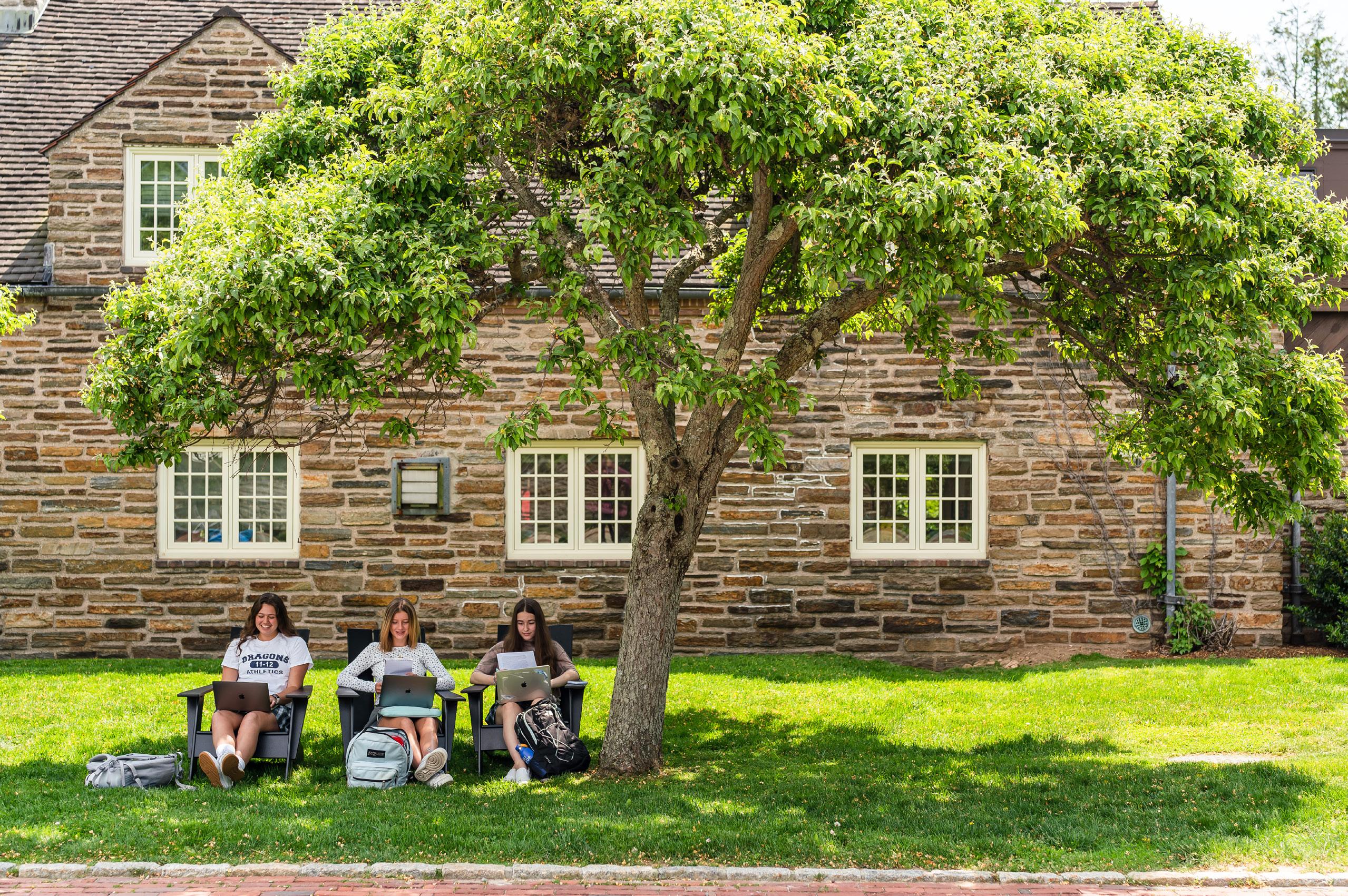English
CSED750 Puzzles, Logic, and Simple Computers In this course, students will explore the theory of computer science by studying three related topics. Students will learn an algorithmic approach to problem-solving by studying puzzles. Students will discover the meaning behind computer programs and circuitry by learning about formal logic. Lastly, students will study the simplest computers ever designed—computers made up of paper, a pencil, and your mind. Prerequisites: Advanced Computer Science or departmental permission. Not offered in 2022-2023. (.5 credit) CSED850 Advanced Inquiry: Computer Science, Engineering, and Design This course is the culminating experience in the Computer Science, Engineering, and Design Program. Students in this course will meet as a group to share literature and discuss experiments and projects. Some students will propose, design, and iterate on an independent project that demonstrates an understanding of interdisciplinary learning. Other students will work with the instructor to find a complex, challenging computer science problem that current college students are working on, and work to solve the problem over the course of the semester. Students in this course are expected to identify a problem or question, design and execute a meaningful project, and report on their process to the GFA community. Open to 12th-graders; prerequisites: one credit of courses in Computer Science, Engineering, and Design or departmental permission. (1 credit; full year) ENGLISH Our mission in the Upper School English department is to invite students to understand the disciplines of reading, writing, and thinking as indispensable gifts, ones that can help us to create lives that are really alive, to identify and meet our most essential individual and collective needs, and to undertake the conversations with ourselves and with others that is intellectual life at its best. To that end, our curriculum is designed as a sequence of experiences in which ours students will learn: • • • • • 6
to slow down — to pay attention — to wonder to savor complexity to perceive and delight in beauty to explore and integrate the intellectual, aesthetic, emotional, and moral aspects of their own lives and identities to express themselves truthfully, passionately, precisely,
• •
• • • • •
and in voices that are their own to listen closely — curiously, empathetically — to voices not their own, and to ponder and respond to what they hear to discover the questions, problems, and topics that interest them, and to chart paths of inquiry into those interests — to ask questions they care about, to seek answers for those questions, and to find even more beautiful questions to try on the identities of writer, reader, and thinker in multiple ways and in different modes to embrace revision both as an effective process of craft and as an ethics — to think and think again, to draft, and revise, and revise again to read widely and deeply, sometimes at the suggestion of their teachers, sometimes under their own steam to appreciate how our lives inform our reading and writing and how our reading and writing inform our lives to grow in freedom, wisdom, imagination, humility, courage, autonomy, and self-reliance
ENG250 English 9 Focusing on great literature in a variety of genres — including classic and contemporary fiction, creative nonfiction, poetry, and drama — students will learn to listen more carefully, empathetically, and insightfully to the voices of others and to develop their own powerful and inimitable voices. In partnership with the teacher, they will create a learning community that supports a diversity of thought, perspective, experience, and background; that recognizes such diversity as a source of strength; and that honors different voices and identities. In class, they will develop the habits of passionate and precise reading, discussing, and writing, with a special emphasis on the twin arts of close reading and Harkness discussion. Guided by the understanding that (as Saul Bellow noted) “a writer is a reader moved to emulation,” students will write creative pieces inspired by the literature they read; in their critical writing, they will often seek to understand, explain, and celebrate a text that they love. There will be opportunities for them to read and write about what matters most to them. Throughout, the course will focus on the process of reading and writing, and the primary mode of assessment — a portfolio of work chosen and curated by the student — will value not only the quality of the work but also the art of revision and the habit of self-reflection. (1 credit; full year) ENG450 English 10 Inspired by Ralph Waldo Emerson’s call for young Americans to develop intellectual self-reliance, English 10 invites









